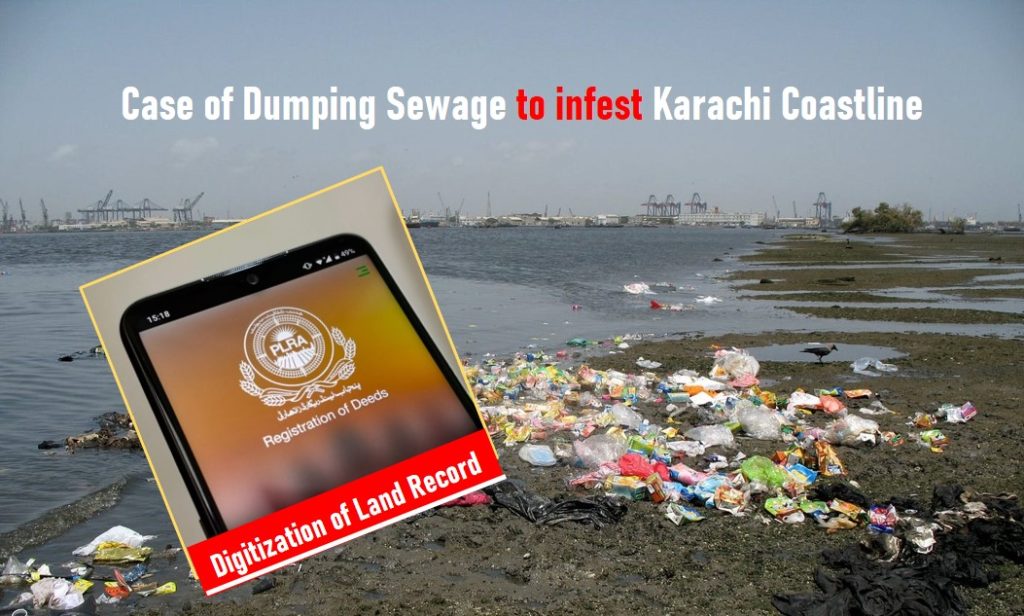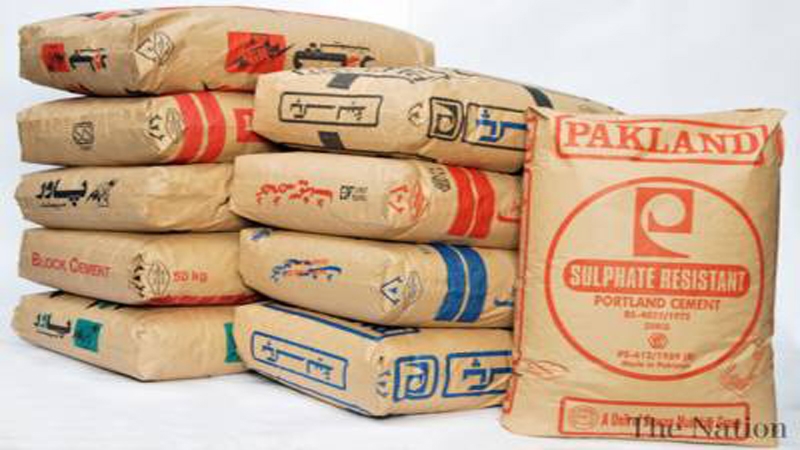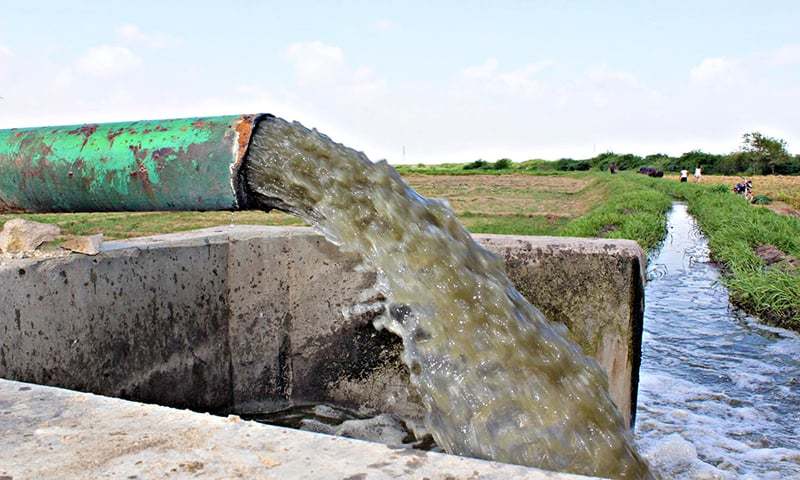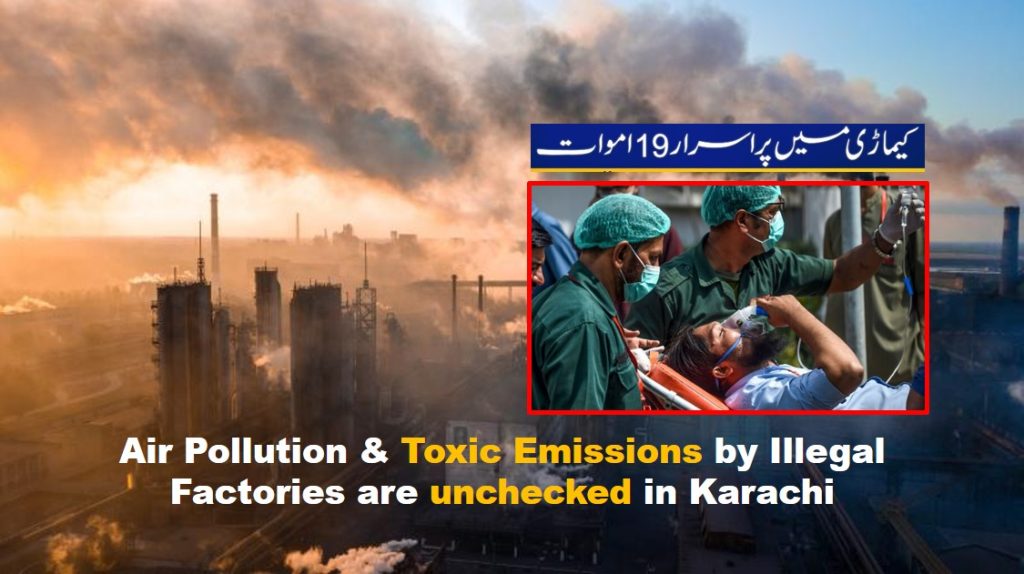9 April 2023
The Case of DHA Sewage Treatment Plants
Expressing displeasure over Defence Housing Authority (DHA) for disallowing the Sindh Environmental Protection Agency (Sepa) access to one of its two sewage treatment plants (STPs) for inspection, the Sindh High Court directed the DHA to ensure inspection of the treatment plant by a team of Sepa. A two-judge bench headed by Justice Ageel Ahmed Abbasi also ordered Sepa to file the inspection report before the bench on May 10. At the last hearing of a petition filed by some non-governmental organisations in 2017 against release of untreated effluent and industrial waste into the sea, the bench had ordered inspection of the Seaview beach, examination of STPs, efforts of DHA and Cantonment Board Clifton to prevent contamination and recommendations to keep seawater at purity level as per international standards and aquatic or marine life eco-system.

Sepa filed a report stating that the DHA was generating around eight million gallons per day (MGD) sewage; out of which 3.33 MGD was being disposed of into the sea without treatment. “Untreated industrial and domestic effluent being dumped in the coastal areas of Karachi due to lack of comprehensive collection and treatment facilities of domestic and industrial waste leading to cause adverse effect on marine ecosystem,” it added.The report also stated that the city is generating 472 MGD waste while optimum design capacity of STPs were 151 MGD, but only 55 MGD was being treated.
Decline in Cement Sales continues
The All Pakistan Cement Manufacturers Association (APCMA) , while releasing its report for the month of March 2023, reveals a sizable decline in local cement sales in Pakistan. As the domestic cement sales dropped year-on-year 29% to 3.356 million tons amid a persistent slowdown in construction activities. As per the data released by the APCMA, during the first nine months of FY23, total cement dispatches, including domestic and exports, plunged by 18% to 33.6m tonnes as compared to 40.769m tons during the corresponding period of FY22. Domestic despatches during this period were recorded at 30.564m tons as against 36.126m tons during the same period last year.

The APCMA also mentions the export shipments witnessed a fall of 35% during July-March of 2022-23. As the export despatches declined to 3.036m tons during 9MFY23 from 4.643m tons during 9MFY22. The APCMA spokesman said construction activities in northern and southern regions of the country significantly decreased in the last many months, which is not only creating an alarming situation for the industry but also drying up the employment opportunities for skilled and unskilled labour attached to the construction sector.
Keamari Tragedy was Environmental Negligence
The Medical Board, constituted by the Sindh health department to ascertain causes of Keamari tragedy this year, has come to the conclusion this week that the release of toxic gases from a nearby illegal industrial area was the main reason behind the death of 18 people. “The causative factor for the death of people in the affected area due to this tragic incident was mainly environmental, possible due to release of some toxic or poisonous gases from adjacent and neighbouring illegal industrial area leading to acute lung injury and subsequent severe allergic reaction (allergic pneumonitis) complicated by respiratory distress leading to respiratory failure,” the inquiry report states. The report adds “Findings are highly suggestive that the manner of death was unnatural and factors like measles were less likely to contribute to the cause of death.” “Almost all of these are associated with environmental pollution,” the report of the board said.
The revelations led the Sindh High Court expressed its dissatisfaction over the investigation being conducted by police into the 18 deaths due to `toxic emissions` in a Keamari neighbourhood. A two-judge bench headed by Chief Justice Ahmed Ali M deplored that no action was taken against the illegally established factories in residential areas apart from sealing them and directed the authorities concerned to file a comprehensive statement till April 10 about the recommendations of a medical board and about the action taken against the factories operating in the residential areas concerned.
Thar Coal Mining poisons Potable Water
Activists from Thar allege that coal mining has poisoned drinking water in the desert region. Speaking at a press conference at the Karachi Press Club, local activists shared the findings of a recent report that raised questions about the claims of the Engro Corporation Ltd which owns stakes in the coal mining and coal-based power plants that their operations are not harming the drinking water or the integrity of subsoil and water aqui-fers in the Thar coal area. They raised concerns over the poisoning of drinking water for local communities and said they were now suffering from health complications due to the toxie water not being disposed of properly. They called on the government to take notice of the report on water quality and take action to save the people of Thar.

The report has been authored by Dr Mark Chernaik of the Environmental Law Alliance Worldwide, states excessive levels of selenium, arsenic, mercury, chromium and lead is of recent origin and associated with coal activities in the Thar coal fields. Lead, mercury, selenium and arsenic are toxic heavy metals that can have significant adverse effects on human health and the environment when present at high levels. The report also raised questions about Sepa`s willingness and capacity to monitor Thar coal activities adequately and cast doubt on the adequacy of the approved Environmental Impact Assessment for Thar coal mining and power plants.



